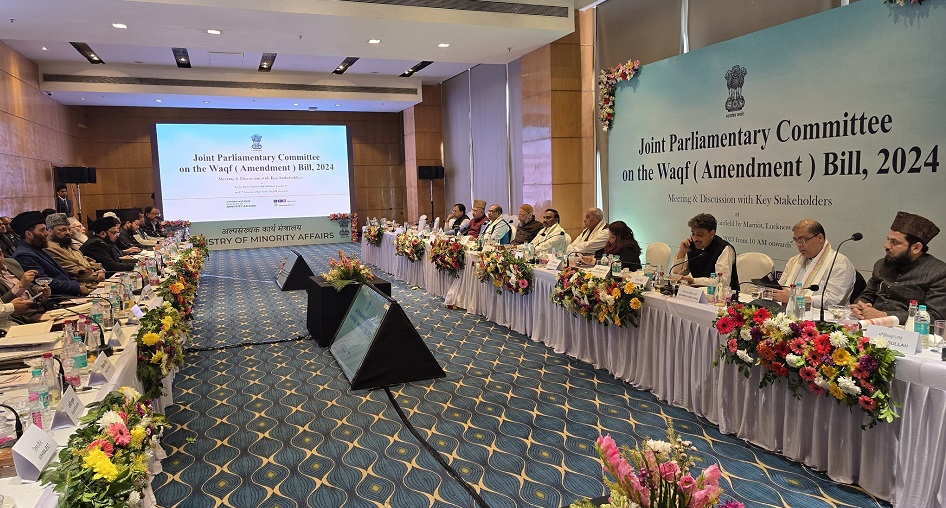
Delhi Waqf Board Properties Surge from 9 to 1,047 in 12 Years
In a startling revelation, the Union government informed the Supreme Court that Delhi’s Waqf Board properties have witnessed an exponential surge over the last 12 years. The number of properties rose from just 9 in 2013 to a staggering 1,047 by 2025. This surge was largely attributed to the 2013 amendment to the Waqf Act, which removed the bar on enforcing rights over unregistered waqf properties.
This trend was not limited to Delhi alone. Across India, waqf properties increased from 2,07,394 to 8,72,870, while the area under waqf holdings grew from 18.3 lakh acres to over 39 lakh acres. The drastic rise has raised serious questions about property rights, land ownership, and the regulation of waqf assets.
Waqf Expansion in Other Regions
The expansion of waqf properties was seen nationwide. In Jammu and Kashmir, the Auqaf Board’s holdings expanded from a mere 0.42 acres with one property to 32,533 properties spanning 31.4 acres by 2025. In the Andaman and Nicobar Islands, waqf properties increased from 35 to 151, covering an additional 138 acres.
States like Uttar Pradesh, West Bengal, Gujarat, and Andhra Pradesh reported substantial growth. Uttar Pradesh’s Sunni waqf properties rose from 12,914 to an astounding 2,17,161. West Bengal saw a rise from 17,946 to 80,808 properties. Gujarat’s waqf holdings expanded from 3,074 to 39,940, and Andhra Pradesh witnessed an increase from 390 to 14,685 waqf properties within the same period.
Even states with minimal previous waqf presence, like Meghalaya, saw numbers rise from 51 to 58 properties. This nationwide trend has highlighted the aggressive expansion tactics employed over the past decade.
Government Steps in to Curb Misuse
The Union government raised concerns that many of these waqf claims were made without proper registration, documentation, or adjudication. Waqf Boards often unilaterally declared properties as waqf based on internal records, leading to encroachment of government land, public utilities, and even heritage monuments.
Alarmed by the magnitude of unchecked expansion, the Centre amended the Waqf Act again in 2025 to curb the misuse. The amendments introduced stricter verification norms, requiring proper documentation and legal scrutiny before properties could be registered as waqf.
Instances cited by the government included Waqf Boards claiming ownership over collector offices, government schools, public hospitals, and protected archaeological sites. The amendments aim to restore balance by ensuring that public and private property rights are not usurped through opaque waqf declarations.
The move has been projected as a step toward protecting the interests of common citizens, safeguarding public infrastructure, and maintaining transparency in property rights across India.


















